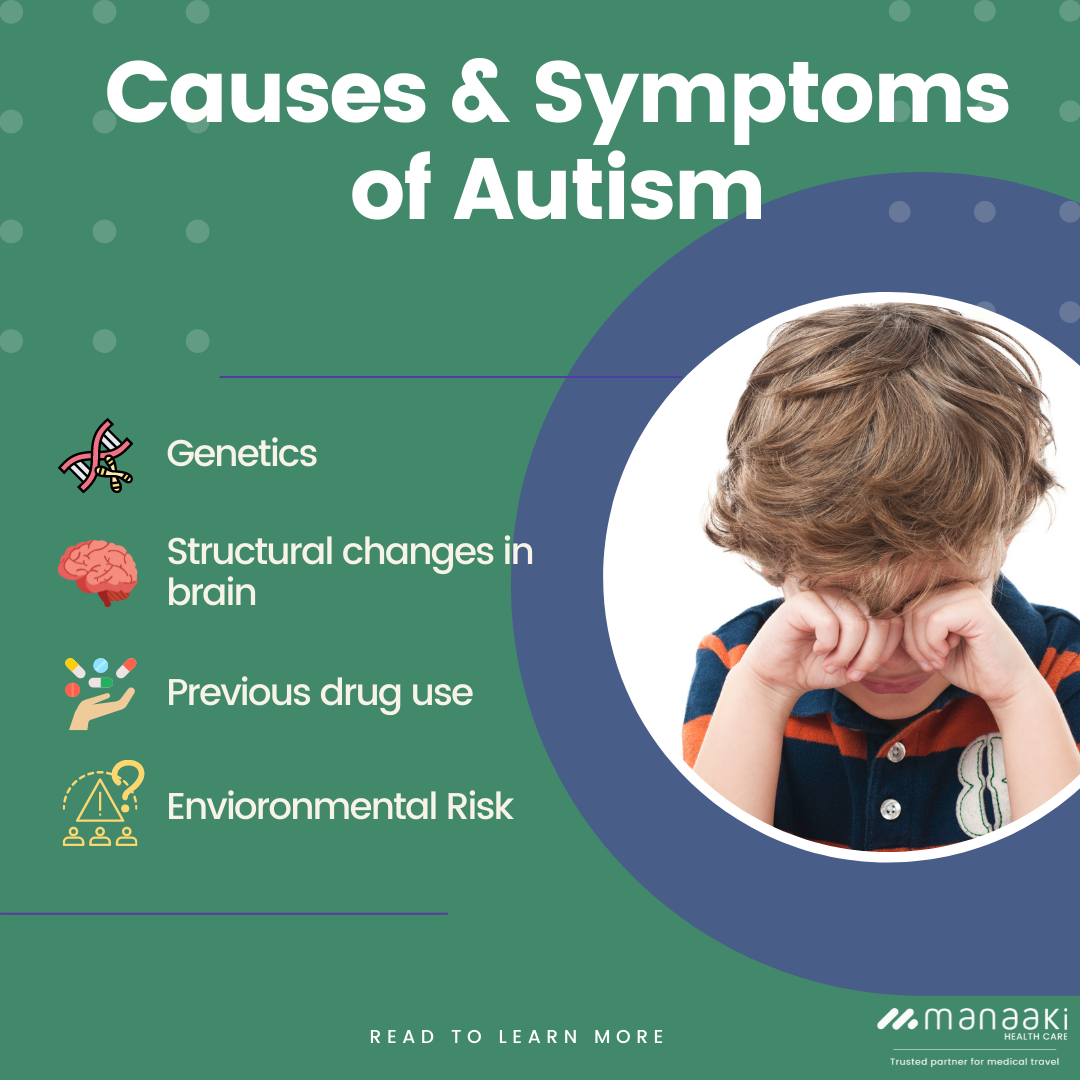Habits Obstacles
By 12 months of age, most youngsters will certainly look up or react when someone calls them by name. These kids may also appear not to hear their parents or other individuals, or they may have a hard time to comprehend or comply with easy commands or instructions. Early intensive behavior treatment (EIBI) for kids with autism range problems (ASD). Autism Range Problem (ASD) is a neurodevelopmental problem that affects how people perceive the globe, engage with others, and process details. It's not a one-size-fits-all diagnosis; rather, it's a range of experiences as differed as the individuals themselves. Envision a kaleidoscope of actions, each pattern unique and lovely in its very own right.
- They may likewise have an uncommon singing tone, such as talking in a level, robot way or utilizing a sing-song tone.New understandings are constantly emerging, testing old assumptions and opening up brand-new possibilities for assistance and intervention.This organized strategy is developed to promote better understanding and management of behaviors, making certain all included-- including educators and caregivers-- are lined up in their reactions to the child's one-of-a-kind needs.It can help to talk with among these specialists if you've already tried a variety of methods and are still concerned concerning your youngster's practices.In the long run, autistic habits is not something to be feared or repaired, yet a various way of experiencing and communicating with the world.These habits, while occasionally perplexing to outsiders, usually serve as coping devices or resources of happiness for those on the spectrum.
Therapies that help with habits problems consist of Applied Behavioral Evaluation (ABA), counseling, and medications. The ADDM Network used a brand-new situation meaning and information collection procedure for security year 2018. The previous ASD case meaning was based on operationalized criteria defined in DSM-5 and involved comprehensive abstraction and professional professional review of behavioral signs recorded in kids's assessments (1 ).
Parents, It's Not Your Mistake

Habits Developing Strategies: Effective Methods For Favorable Development
Creating a habits intervention plan (BIP) for a youngster with autism includes a number of crucial steps. Begin by identifying details trouble habits through a Useful Behavior Assessment (FBA). This assessment aids to clarify what actions are concerning and provides exact interpretations, which are vital for uniformity. Recognizing the roots of these behaviors permits caretakers to supply targeted support.
"Stims" (short for self-stimulation) are common and may look idiosyncratic to individuals not familiar with neurodiversity. Every success tale shows that with the ideal strategy, youngsters can achieve unbelievable progress in psychological development. When children can recognize their sensations and comprehend those of others, Restricted & Repetitive Behaviors they get devices to browse the world with higher simplicity and success. These difficulties are not barriers to growth-- they are opportunities to nurture understanding with caring teaching.
CDC began keeping track of the prevalence of ASD in 1996, initially performing studies among youngsters in urbane Atlanta, Georgia (2 ). The Children's Wellness Act of 2000 licensed CDC to establish the Autism and Developing Disabilities Monitoring (ADDM) Network. Since 2000, CDC has actually supported biennial monitoring to track ASD frequency in numerous areas. The first years of a youngster's life are a time of incredible physical, cognitive, and social advancement. Youngsters with autism spectrum disorder (ASD) usually deal with developing language skills and recognizing what others say to them.
Continued education and awareness are vital in assisting society accept neurodiversity, fostering acceptance and empathy in the direction of those on the autism range. Autism Spectrum Disorder (ASD) incorporates a complicated variety of habits impacting social, communicational, https://claytonwqxj073.fotosdefrases.com/people-who-are-autistic-and-transgender-sex-diverse-have-poorer-wellness-and-health-care-research-discovers and interactional capabilities. Comprehending these actions is vital for caregivers, teachers, and the public to promote a supportive environment for autistic individuals. This post explores usual habits, their underlying reasons, and reliable administration techniques, aiming to offer extensive understandings drawn from scientific research and useful guidelines. To conclude, while sensory level of sensitivities can posture substantial challenges for youngsters with autism, with the right support and approaches, these obstacles can be taken care of efficiently.
What might be a warning for autism at age 3 could be considered normal behavior at age 1 or 2. While you need to inform your child's medical professional if you notice any of these symptoms, identifying one of them-- or even numerous of them-- is not an assurance that your kid has autism. Favorable habits support strategies take an all natural approach to managing tough actions.
Identifying and commemorating tiny successes can encourage additional positive behavior modifications. In addition, making certain that interaction is clear and basic helps autistic people comprehend what is expected of them, considerably minimizing stress and confusion. Social communication and communication difficulties often take center stage in conversations about autistic behavior. Image a child at a play area, enjoying others play yet unsure exactly how to participate. Or a grown-up in a dynamic workplace, having a hard time to understand the customs of tiny talk. Generally, comprehending the intricate interaction of triggers and producing encouraging environments can bring about better emotional policy, reducing the event of difficult behaviors among individuals with autism. Strategies like Applied Behavior Evaluation (ABA) supply tailored approaches to deal with details concerns. With the guidance of skilled specialists, individualized actions treatment plans can be developed, making certain support is lined up with the person's one-of-a-kind requirements. This collaborative approach not just targets cognitive and emotional growth however can additionally improve general health. This includes satisfying appropriate actions through motivations, which can enhance preferable activities.
